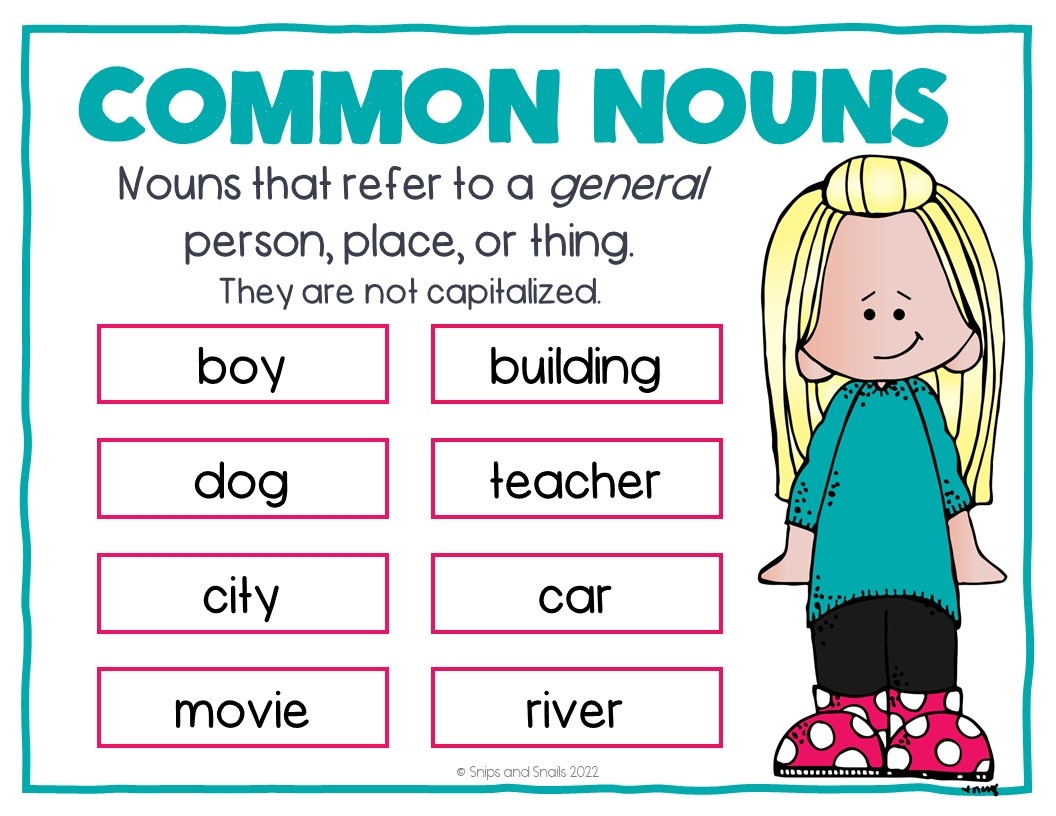When it comes to understanding the English language, one of the basic concepts that everyone needs to grasp is the difference between proper nouns and common nouns. Both types of nouns play a crucial role in sentence structure and communication. Let’s delve deeper into what sets them apart.
Proper nouns and common nouns are both essential parts of speech that help us identify and make sense of the world around us. Understanding the distinction between the two can enhance our language skills and improve our ability to communicate effectively.
What is Proper Noun and Common Noun
A proper noun is a specific name given to an individual person, place, or thing. It always begins with a capital letter, regardless of where it appears in a sentence. Proper nouns are unique identifiers that distinguish one entity from another. Examples of proper nouns include names of people (John, Mary), places (Paris, Mount Everest), and brands (Apple, Nike).
On the other hand, common nouns are more general terms that refer to a class or category of people, places, or things. They are not capitalized unless they appear at the beginning of a sentence. Common nouns are used to describe common objects or concepts that do not require a specific name. Examples of common nouns include words like city, dog, and book.
While proper nouns are specific and unique, common nouns are general and can apply to multiple instances. Understanding when to use each type of noun is essential for creating clear and coherent sentences. By using proper nouns for specific entities and common nouns for general concepts, we can convey our thoughts more effectively.
In summary, proper nouns are specific names that are capitalized and refer to individual entities, while common nouns are general terms that describe common objects or concepts. Both types of nouns are essential for effective communication and play a crucial role in constructing sentences. By mastering the distinction between proper and common nouns, we can enhance our language skills and improve our ability to express ourselves clearly.
Next time you’re writing a sentence, pay attention to whether you’re using a proper noun or a common noun. Understanding the difference between the two can make a world of difference in how your message is received and understood.
